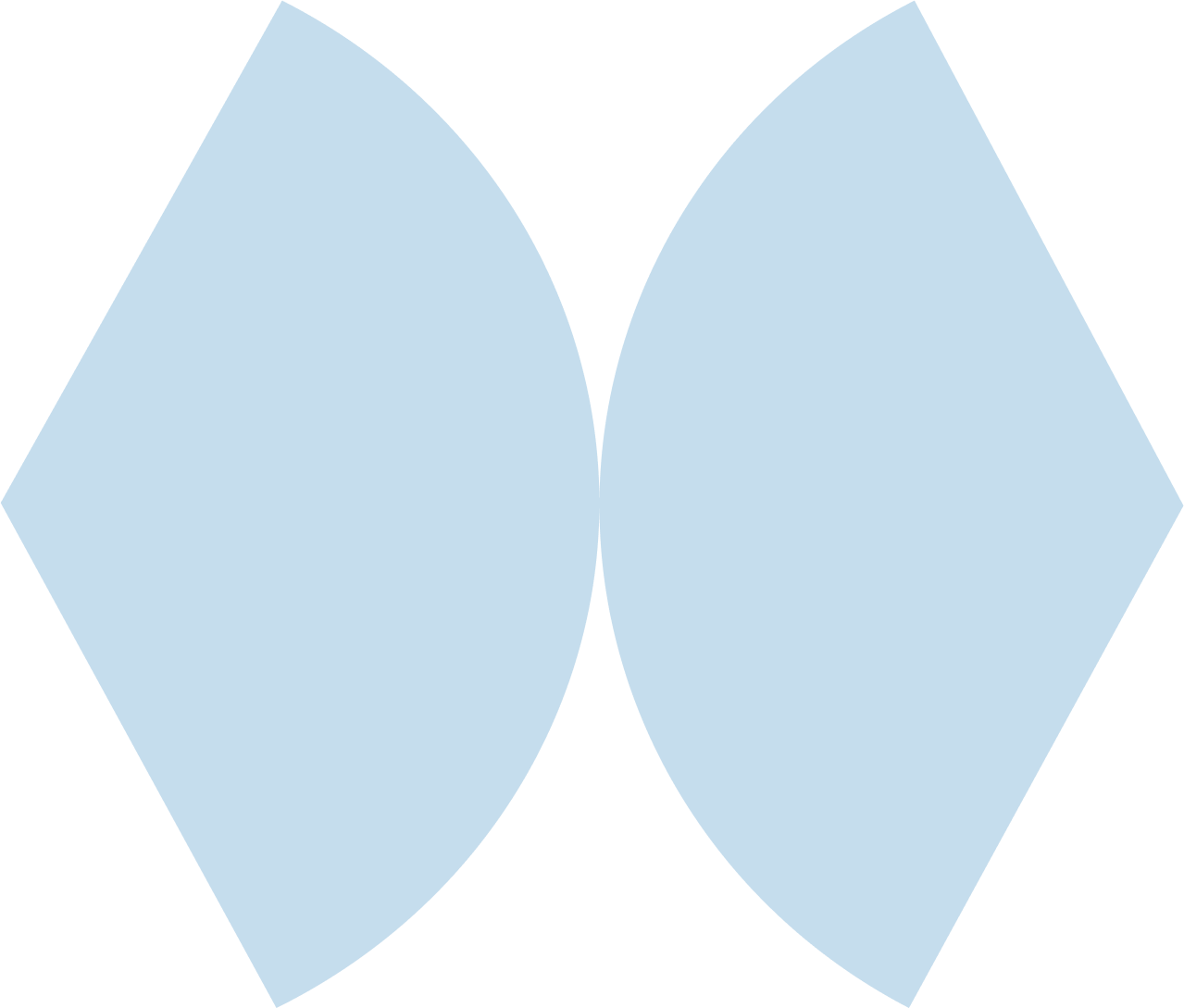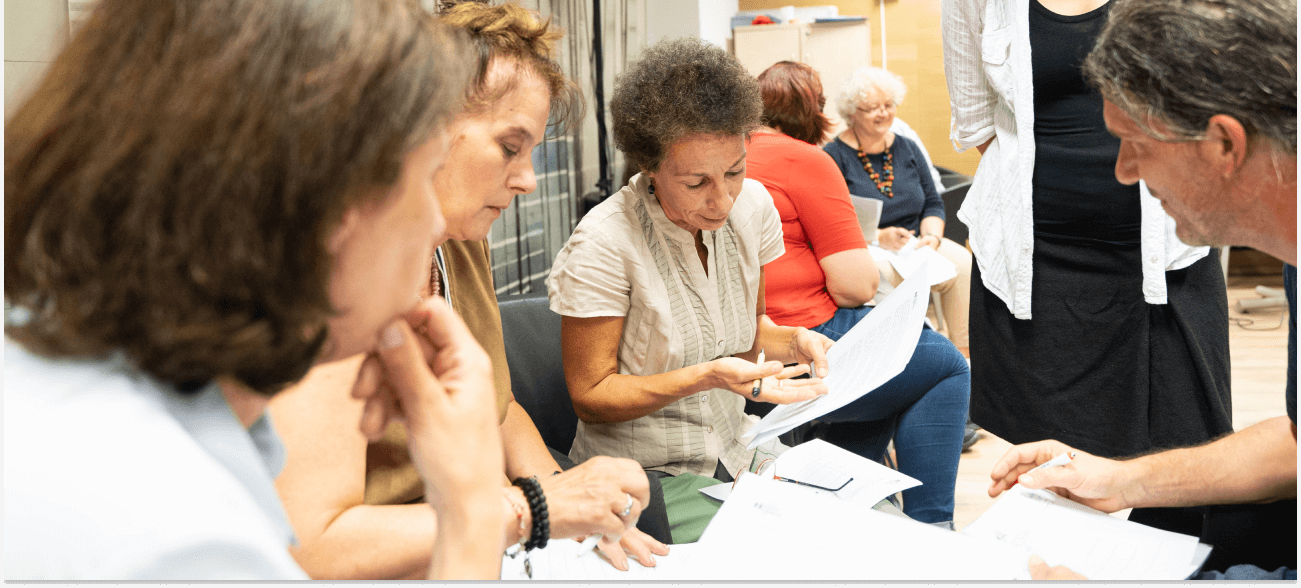Resources for
Education Professionals

The Holocaust and the genocide of the Roma can be complex and difficult topics to teach: They must be fact-based and encourage critical thinking in students. We develop tools around educationally sound approaches to teaching about the Holocaust and the genocide of the Roma, for both teachers at school and education professionals developing their own teaching programs.
This page will help teachers and other education professionals discover the resources we offer to help people teach and learn about the Holocaust and genocide of the Roma.

Teaching about the Holocaust and the genocide of the Roma are an essential part of building a world that remembers the Holocaust, a world without genocide. Our Member Countries share a commitment to encourage the study of the Holocaust and the genocide of the Roma, and promote education on these histories in our schools and universities. In this way we can ensure future generations continue to remember the Holocaust and the genocide of the Roma, and understand why this must never happen again.

Discover our detailed guidance for curriculum developers and educational professionals for teaching and learning about the Holocaust.
These recommendations will allow you to:

Focus area:
We create tools and resources that help people teach and learn about Holocaust-related issues.
Find out moreBy signing up to the IHRA newsletter, you agree to our Privacy Policy